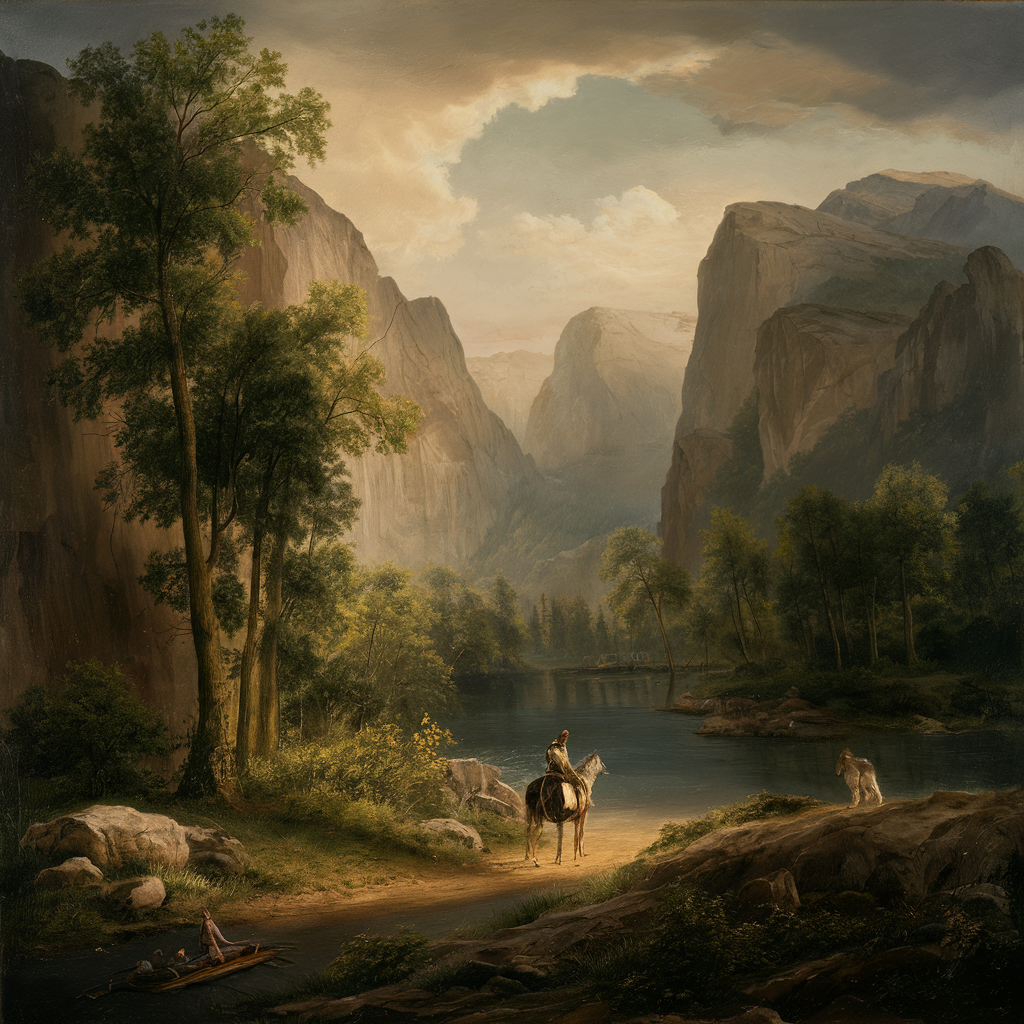The world of video game preservation is evolving rapidly, and FACWE (Future Archives of Classic & Modern Gaming Experiences) represents a bold vision for how we save, share, and celebrate gaming history. As technology advances and older games risk being lost to time, initiatives like FACWE aim to bridge the gap between retro enthusiasts and modern gamers, ensuring that every era of interactive entertainment remains accessible for future generations. In this article, we’ll explore the key pillars of FACWE’s mission, from cutting-edge emulation techniques to community-driven archival projects, and examine how this initiative could redefine the way we experience gaming’s past, present, and future.
1. The FACWE Initiative: A New Standard for Game Preservation
FACWE isn’t just another digital library—it’s a comprehensive ecosystem designed to safeguard gaming’s legacy through innovative technology and collaborative efforts. Unlike traditional archives that focus solely on ROMs or disc images, FACWE integrates multiple layers of preservation, including source code recovery, developer interviews, hardware schematics, and even fan-made mods that keep old games alive in new ways. One of FACWE’s most ambitious goals is to create a universally accessible database where games are not just stored but contextualized with rich media, such as behind-the-scenes documentaries, annotated design documents, and interactive timelines showing a game’s influence on later titles. By partnering with museums, indie studios, and open-source communities, FACWE ensures that preservation isn’t just about nostalgia but about understanding gaming as a dynamic art form.
2. Next-Gen Emulation: How FACWE is Pushing Technical Boundaries
A major challenge in game preservation is ensuring that older titles remain playable as hardware becomes obsolete. FACWE tackles this by developing low-latency, accuracy-focused emulation that replicates the feel of original consoles down to the smallest quirks—like the PlayStation’s texture warping or the N64’s frame-rate hiccups. But FACWE goes further by experimenting with AI upscaling for classic games, automatically enhancing textures and resolutions without compromising artistic intent. Another groundbreaking project is “Dynamic ROM Restoration,” where machine learning fills in missing or corrupted data from damaged game cartridges, effectively resurrecting titles once thought lost forever. For developers, FACWE provides open tools to test games across emulated environments, ensuring compatibility for re-releases and remasters.
3. Community-Driven Archiving: How Gamers Can Contribute to FACWE

Preservation isn’t a task for archivists alone—FACWE empowers gamers to become active participants in saving gaming history. Through its “Citizen Archivist” program, users can submit rare physical games for scanning, transcribe developer interviews, or help catalog obscure regional variants of popular titles. FACWE’s “Lost Media Task Force” focuses on tracking down unreleased prototypes, beta builds, and even defunct online game servers, with crowdsourced efforts already recovering several forgotten arcade titles. The platform also features “Living Wikis” where fans can document Easter eggs, speedrun strategies, and modding breakthroughs, turning static archives into evolving records of player creativity. Contributors earn digital badges and early access to newly restored games, fostering a sense of shared ownership over gaming’s heritage.
4. Legal & Ethical Challenges: Navigating the Complexities of Preservation
One of FACWE’s biggest hurdles isn’t technical—it’s legal. Copyright laws often clash with preservation goals, leaving many classic games in legal limbo. FACWE addresses this by working with rights holders to establish “abandonware” licenses for games whose publishers no longer exist, and by lobbying for updated legislation that distinguishes piracy from cultural preservation. The initiative also maintains a transparency portal detailing its compliance efforts, including takedown protocols for disputed content.
5. The Road Ahead: FACWE’s Vision for 2030 and Beyond
Looking forward, FACWE aims to become the Library of Alexandria for gaming—a globally trusted repository where every game, console, and piece of memorabilia has a place. Upcoming projects include VR recreations of vintage arcades, blockchain-based certification for original hardware, and partnerships with schools to teach preservation skills. The ultimate dream? A “Playable Timeline of Gaming” where users can seamlessly jump from a 1970s Pong match to a 2040s holographic title, all within FACWE’s ecosystem. As gaming continues to evolve, FACWE’s mission remains constant: to guarantee that no game, no matter how small or forgotten, ever truly disappears.
